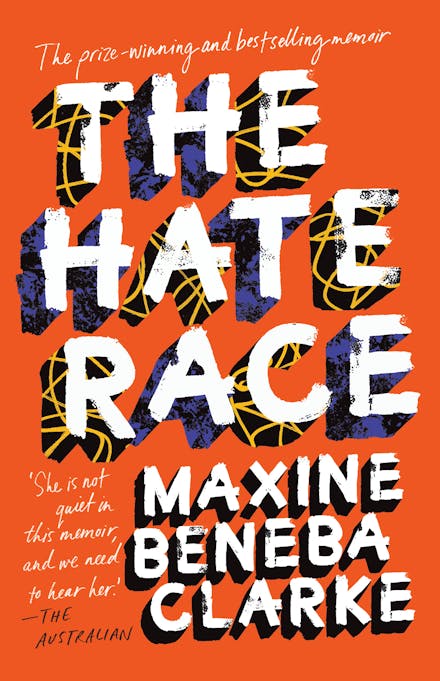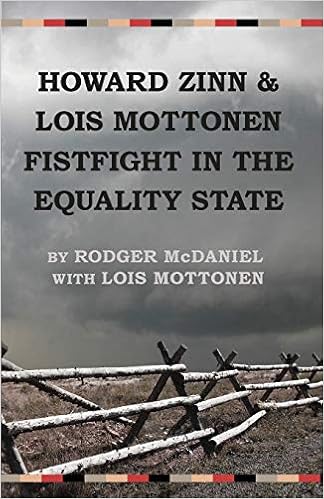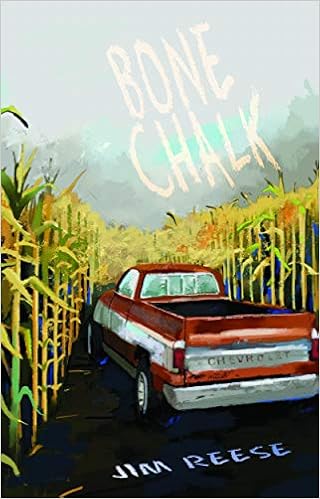 Between the images, the recollections, the references, the correspondences and the longing, a new kind of story emerges – one that allows the the gaps in the narrative to remain unknown. Aitken doesn’t find the “key to a past the will grant…a thousand and one narratives” (“Stolen Valour”). Instead he finds questions that become Koans, a pathway to a greater truth.
Between the images, the recollections, the references, the correspondences and the longing, a new kind of story emerges – one that allows the the gaps in the narrative to remain unknown. Aitken doesn’t find the “key to a past the will grant…a thousand and one narratives” (“Stolen Valour”). Instead he finds questions that become Koans, a pathway to a greater truth.
Category: Memoir
A review of The Part That Burns by Jeannine Ouellette
 While this memoir chronicles what the author refers to as her “brokenness” as a result of what she endured, it really is a story of healing. Writing this book was a very big part of that process for Ouellette. “Maybe healing, when it happens, is the result of a quantum entanglement, the swirling of a thousand winds. Maybe it comes when you give your daughter your own heart like another stuffed toy she will drag with her everywhere…”
While this memoir chronicles what the author refers to as her “brokenness” as a result of what she endured, it really is a story of healing. Writing this book was a very big part of that process for Ouellette. “Maybe healing, when it happens, is the result of a quantum entanglement, the swirling of a thousand winds. Maybe it comes when you give your daughter your own heart like another stuffed toy she will drag with her everywhere…”
A review of The Hate Race by Maxine Beneba Clarke
 From the day of early childhood to the teenage years, Clarke consistently takes moments of her life, interrogates them, and gives them a certain form of literary justice. I wouldn’t say a poetic justice, because Clarke isn’t trying to write poetically. She is giving a record of what it means to be born as a foreigner in your own country, and the existential challenges which come throughout.
From the day of early childhood to the teenage years, Clarke consistently takes moments of her life, interrogates them, and gives them a certain form of literary justice. I wouldn’t say a poetic justice, because Clarke isn’t trying to write poetically. She is giving a record of what it means to be born as a foreigner in your own country, and the existential challenges which come throughout.
A review of Imperfect by Lee Kofman
 I’d be lying if I said I didn’t spend time Googling these people, or that I wasn’t fascinated by the whole notion of what constitutes beauty – and the way in which it’s judged. Kofman doesn’t pretend to have an answer—Imperfect is not a didactic book, and nor does it present a thesis that beauty is more than ‘skin deep’ and that judgement in any form is bad–we cannot help gazing at the beautiful or indeed the shocking. What the book does show however, is that these are complex and important questions to raise and that familiarity and reflectiveness are a means to better understanding who we are.
I’d be lying if I said I didn’t spend time Googling these people, or that I wasn’t fascinated by the whole notion of what constitutes beauty – and the way in which it’s judged. Kofman doesn’t pretend to have an answer—Imperfect is not a didactic book, and nor does it present a thesis that beauty is more than ‘skin deep’ and that judgement in any form is bad–we cannot help gazing at the beautiful or indeed the shocking. What the book does show however, is that these are complex and important questions to raise and that familiarity and reflectiveness are a means to better understanding who we are.
A review of Nina’s Memento Mori by Mathias Freese
 Nina Wingard Freese was a retired special education teacher of autistic students who died as a result of ALS – Lou Gehrig’s disease. Contemplative and enhanced with photographs, the book presents Nina as a little girl and again several more times as she is growing up and as a young mother and then as a handsome, mature woman.
Nina Wingard Freese was a retired special education teacher of autistic students who died as a result of ALS – Lou Gehrig’s disease. Contemplative and enhanced with photographs, the book presents Nina as a little girl and again several more times as she is growing up and as a young mother and then as a handsome, mature woman.
A review of Howard Zinn & Lois Mottonen Fistfight in the Equality State by Rodger McDaniel
 Having lived in Wyoming for the past four years, reading it was verification for what I see, experience, and find problems with, constantly. I have often thought that Wyoming’s undeserving motto is a farce in comparison with its laws, policies, priorities, and politicians. And here was a Wyoming woman who lived, captured, and published the cruel reality of being a minority in this state with so much detail, accuracy, and innocence.
Having lived in Wyoming for the past four years, reading it was verification for what I see, experience, and find problems with, constantly. I have often thought that Wyoming’s undeserving motto is a farce in comparison with its laws, policies, priorities, and politicians. And here was a Wyoming woman who lived, captured, and published the cruel reality of being a minority in this state with so much detail, accuracy, and innocence.
A review of Bone Chalk by Jim Reese
 Whether serious or silly, Reese’s prose reads like poetry. He says more in a paragraph than most authors achieve over several pages. The final chapters are the shortest and most personal vignettes featuring his wife, daughters and co-workers. Reese finds the profound in everyday, parochial life in Bone Chalk.
Whether serious or silly, Reese’s prose reads like poetry. He says more in a paragraph than most authors achieve over several pages. The final chapters are the shortest and most personal vignettes featuring his wife, daughters and co-workers. Reese finds the profound in everyday, parochial life in Bone Chalk.
A review of Little One by Peter Papathanasiou
 There is a great warmth and sincerity embedded within this memoir, mixed in with gentle humour, discussions of complex research on genetics, birth, death, siblings, parents, family, Greek culture, love. The genesis of the story arises from a secret, one of the biggest secrets a person can have revealed to them, that of their true origins.
There is a great warmth and sincerity embedded within this memoir, mixed in with gentle humour, discussions of complex research on genetics, birth, death, siblings, parents, family, Greek culture, love. The genesis of the story arises from a secret, one of the biggest secrets a person can have revealed to them, that of their true origins.
A review of Year of the Monkey by Patti Smith
 Not many writers could pull off such a diffuse structure but Smith does it beautifully, using her poetic vernacular and pulling the reader in so tightly, we begin to think and perceive in Smith’s fragmentary, hallucinogenic way. The result is strangely exhilarating.
Not many writers could pull off such a diffuse structure but Smith does it beautifully, using her poetic vernacular and pulling the reader in so tightly, we begin to think and perceive in Smith’s fragmentary, hallucinogenic way. The result is strangely exhilarating.
A review of Active Labour: Memoirs of a Working-Class Doctor by Percy Rogers
 This is an eloquent and delightful book to read, and is rich with compassion, humour, and experience. Percy Rogers is careful not to use jargon and explains medical disease and treatment and procedures simply and clearly.
This is an eloquent and delightful book to read, and is rich with compassion, humour, and experience. Percy Rogers is careful not to use jargon and explains medical disease and treatment and procedures simply and clearly.